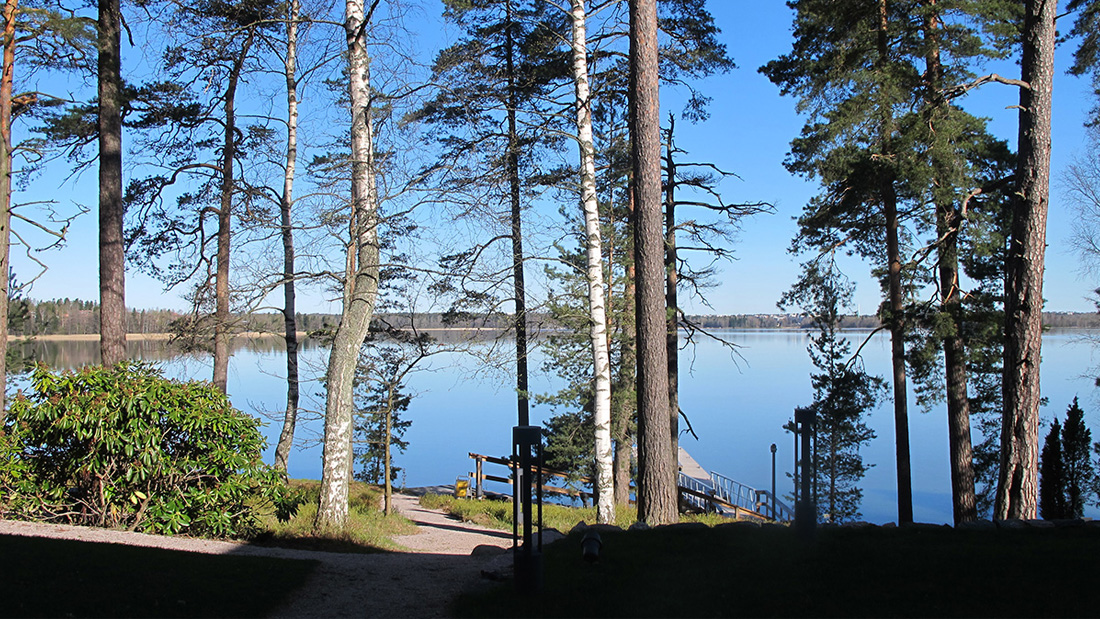With its must-see exhibitions, modern Finnish architecture and beautiful surroundings, the Didrichsen Art Museum continues to attract visitors from all over the world.
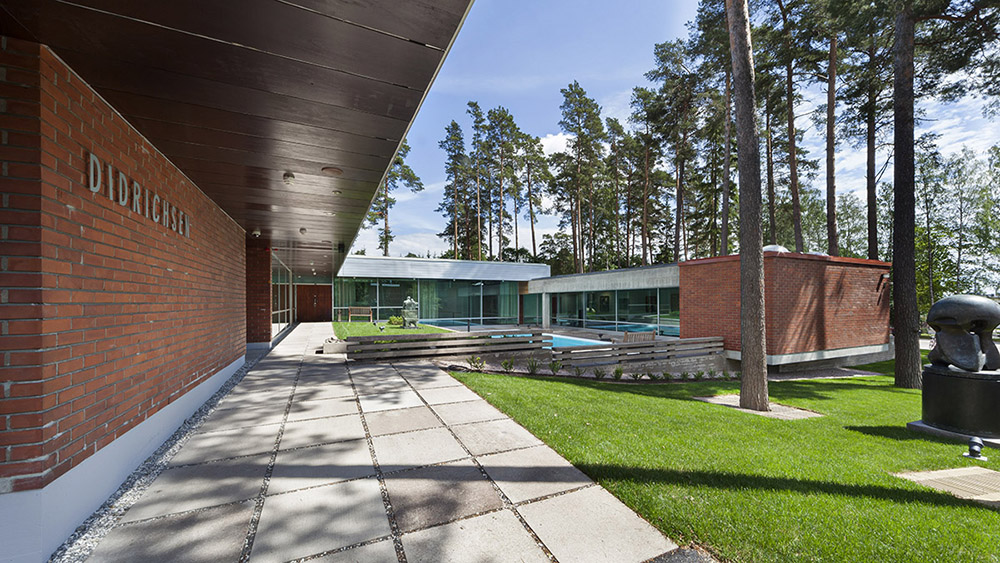
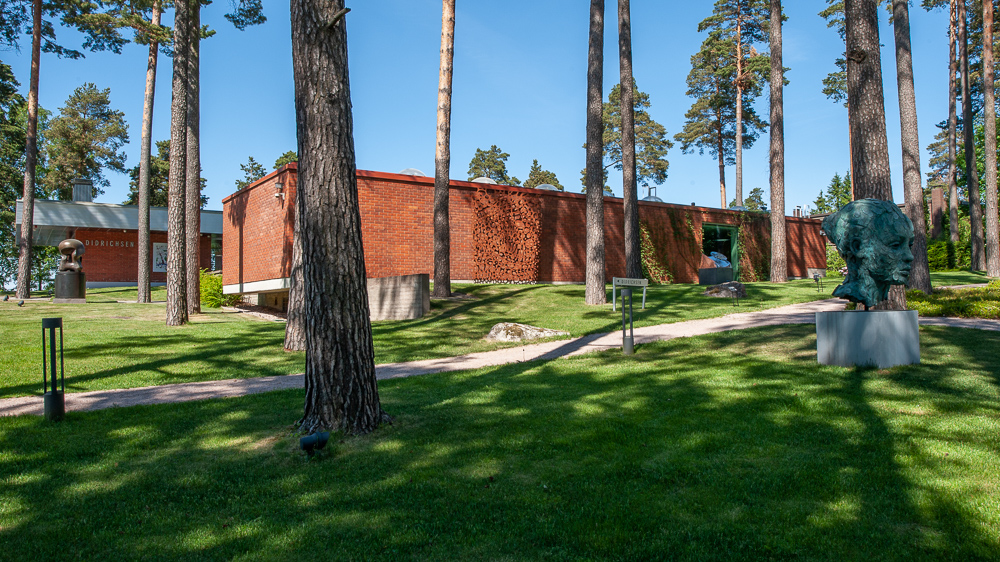
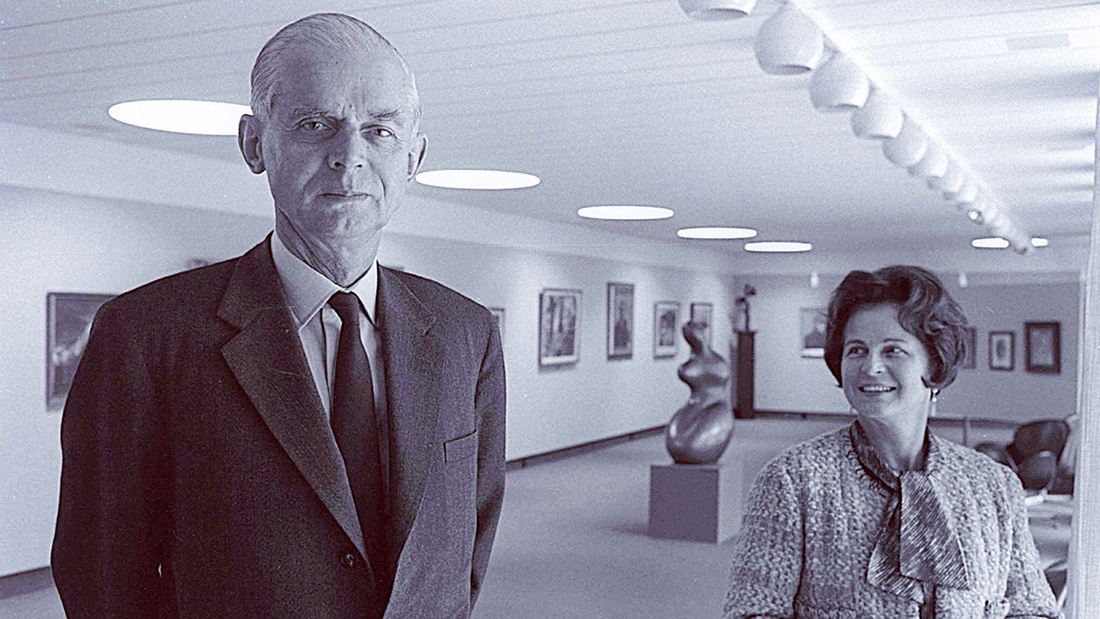
A unique combination of a private residence and an art museum
Situated on the connecting island of Kuusisaari between Helsinki and Espoo, the Didrichsen Art Museum is a unique combination of an art museum and a former private villa by the sea. Designed by internationally acclaimed Finnish architect Viljo Revell, the modernist building was built in two phases, in 1958 and 1964. It was originally meant to be a home with a museum attached.
The Didrichsen Art Museum is the result of Marie-Louise and Gunnar Didrichsen‘s love of art. They bought all the artworks together, and each piece was chosen only when they both appreciated the work. Today, the museum holds three exhibitions a year, of both Finnish and modern international art, while also showing pieces from its permanent collections.
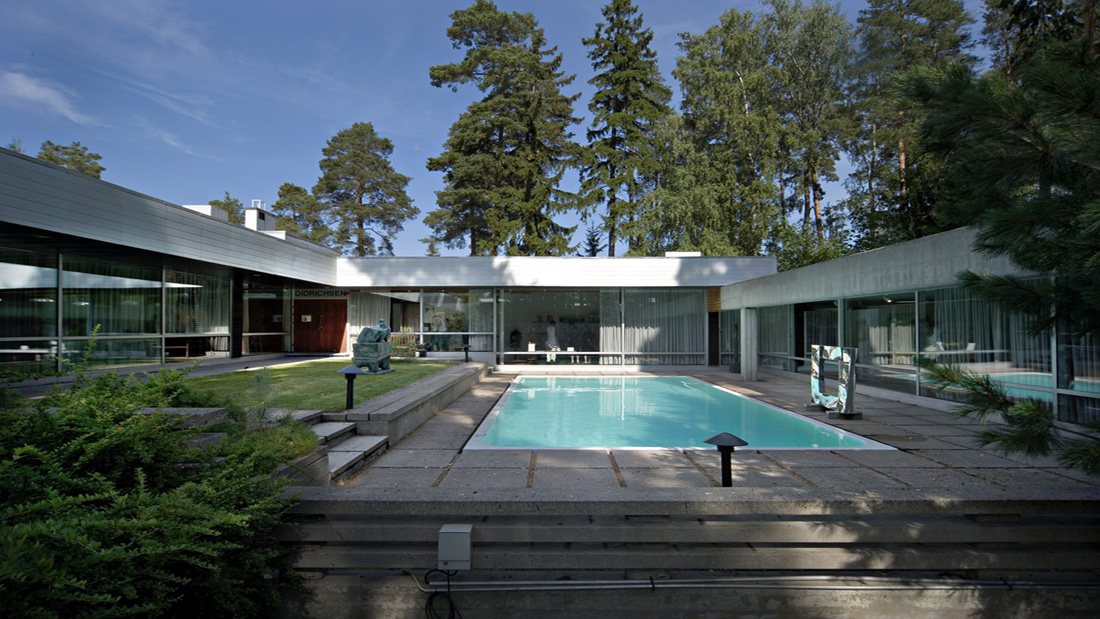
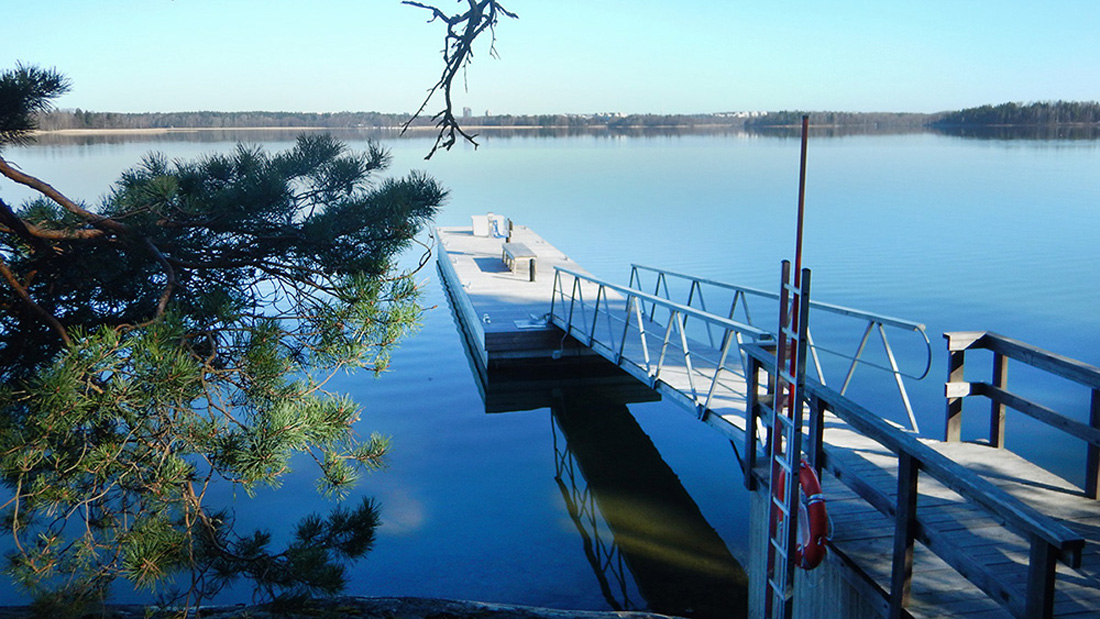
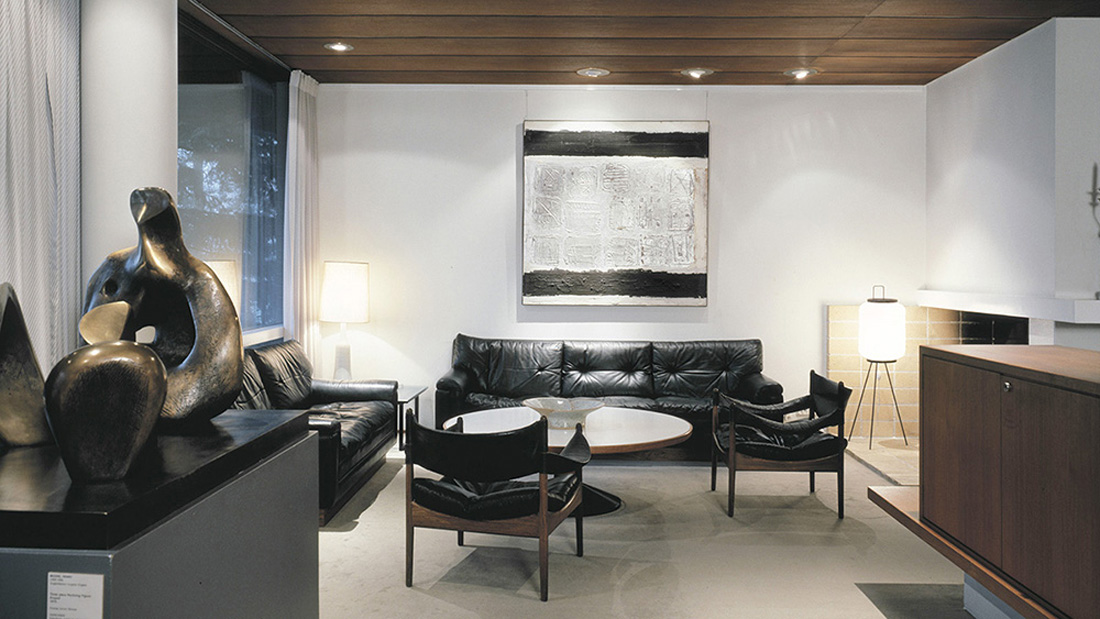
Didrichsen Museum of Art and Culture
There are more than a thousand artworks in the Didrichsen Art Museum’s collection, a unique mix of Finnish and international art, as well as artifacts from ancient Oriental and Pre-Columbian cultures. Among the Finnish classics are works by Albert Edelfelt, Helene Schjerfbeck, Pekka Halonen, Akseli Gallen-Kallela, Reidar Särestöniemi, Eila Hiltunen and Laila Pullinen. International artists in the collection include Pablo Picasso, Joan Miró, Wassily Kandinsky, Fernand Léger, Henry Moore, Alberto Giacometti and Mark Rothko.
The Didrichsen Art Museum also holds the only Pre-Columbian art collection in Finland, as well as a collection of Oriental art. Their Pre-Columbian collection explores the complex and highly developed Native American cultures of Mesoamerica, a region stretching from Mexico to Costa Rica, and the Andean region of South America, from around 2000 BCE to the 14th century AD. The oriental collection is dominated by Chinese art from the Shang Dynasty, which existed from around 1500 to 1028 BCE, to the Ming Dynasty, from around 1370 to 1644 AD.
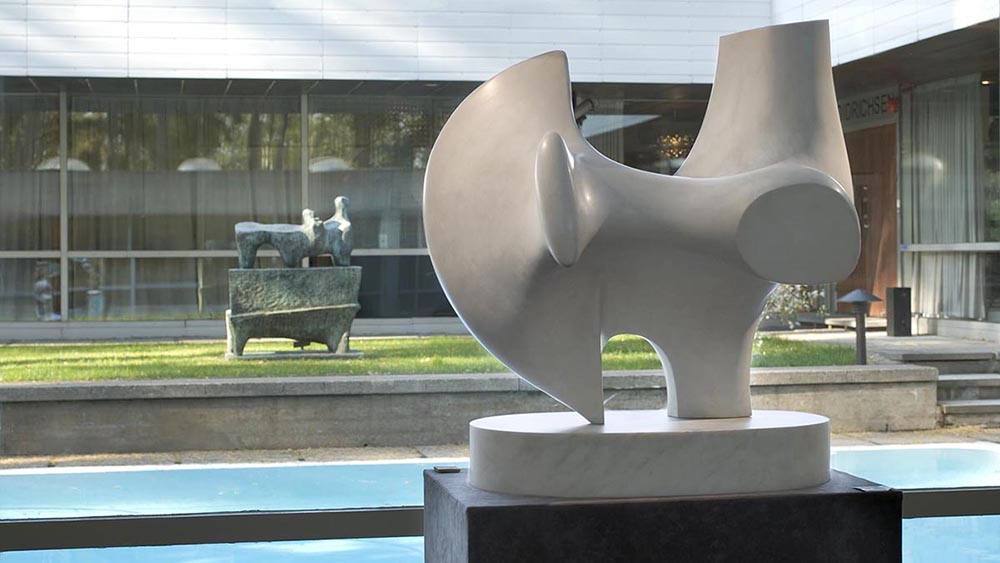
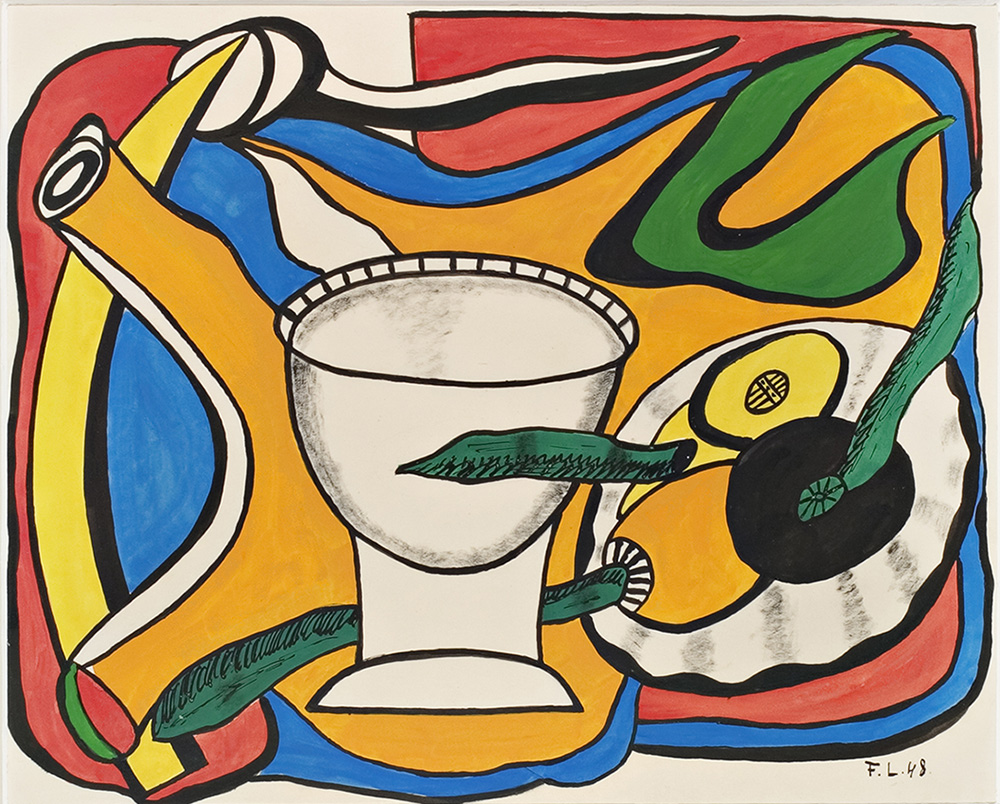
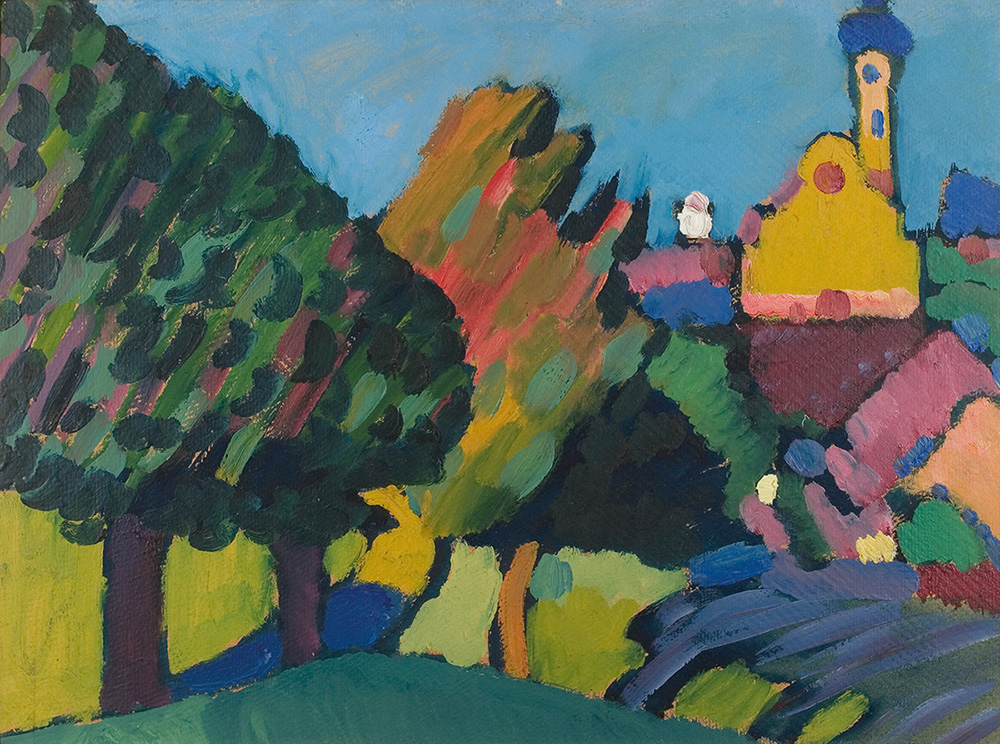
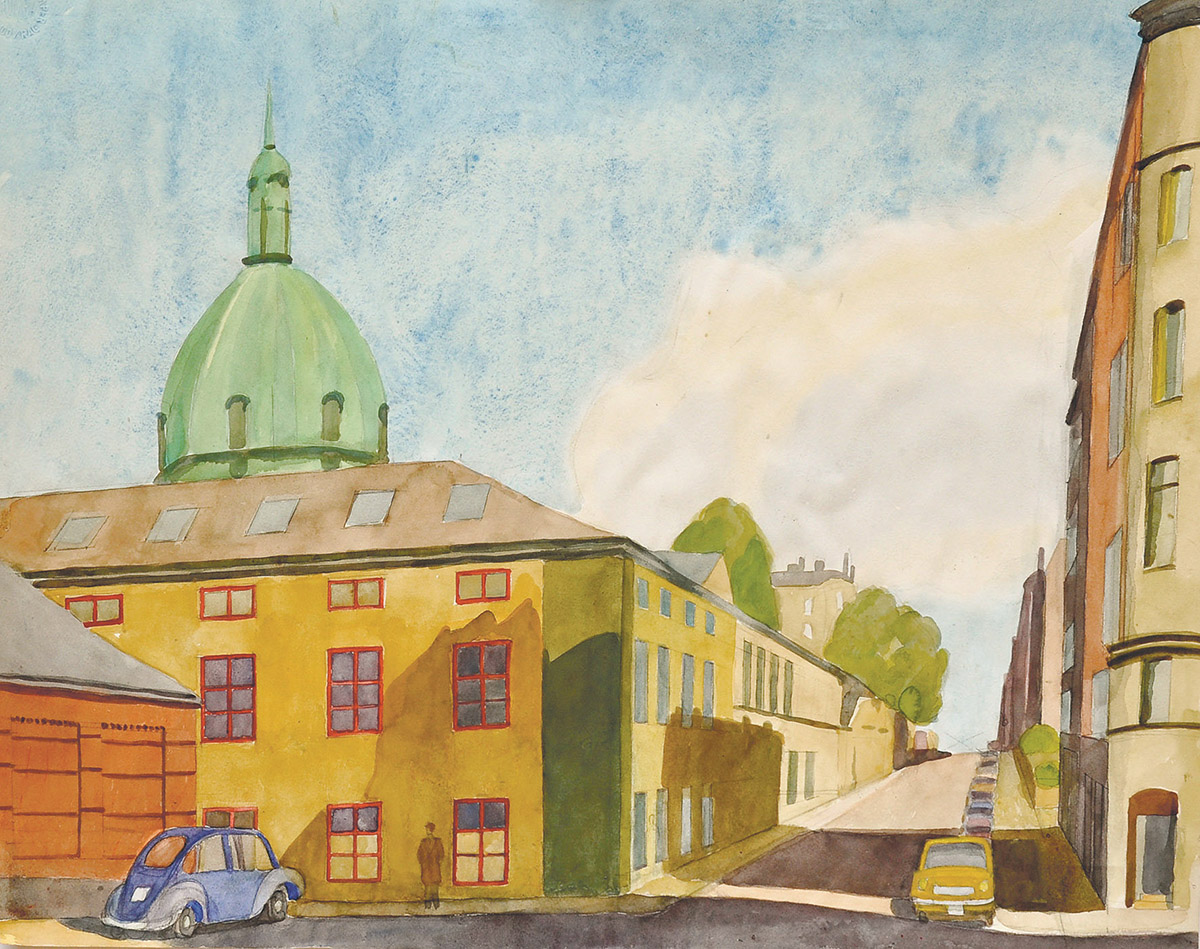
Didrichsen Sculpture Park
Free to explore and always open to the public, the Didrichsen Sculpture Park surrounds the museum in a beautifully designed garden setting. A unique cultural attraction in Helsinki, it encourages visitors to take a pleasant and contemplative stroll where they can enjoy great art. From its initial design by Viljo Revell, harmony of architecture and nature was essential in creating the Didrichsen Art Museum, and this is best appreciated while strolling the park.
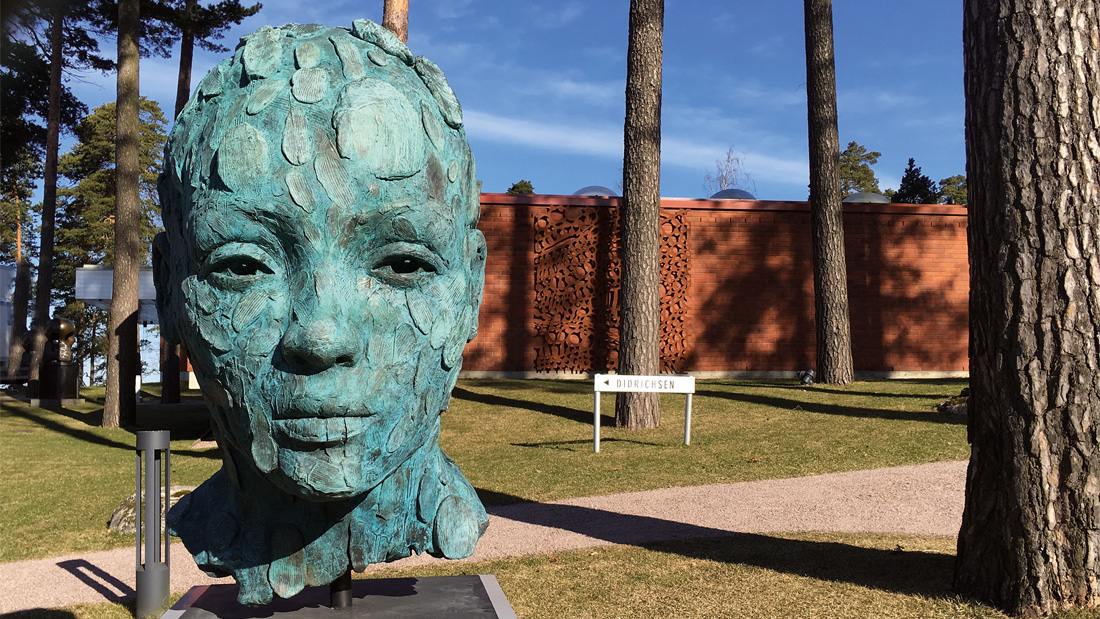
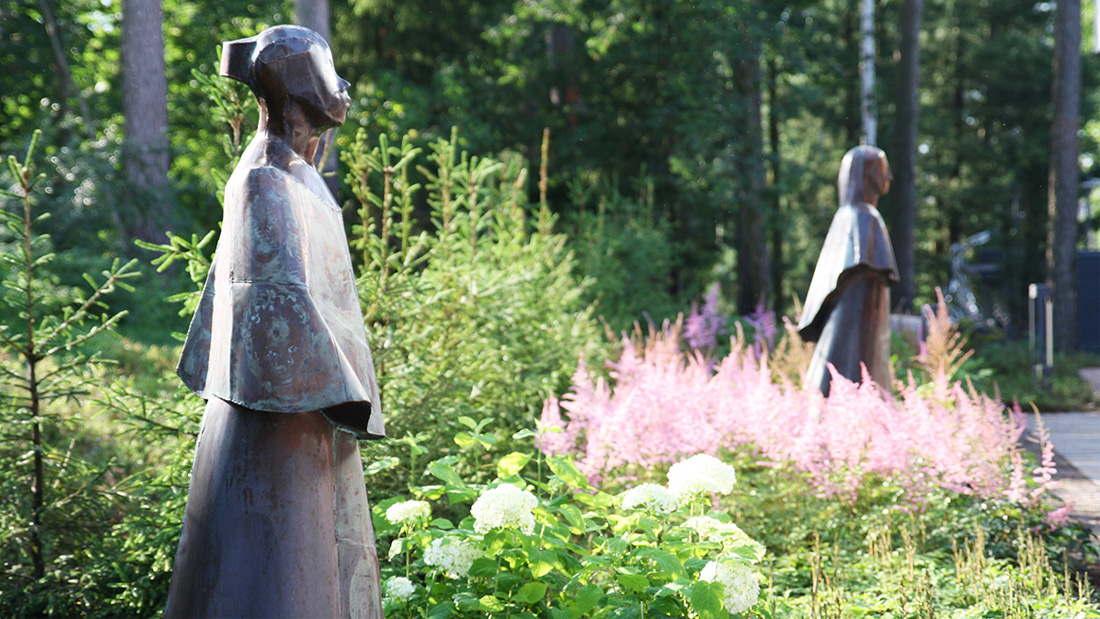
Final Thoughts
Helsinki is a city blessed with great art museums, and although a private museum, the Didrichsen Art Museum can lay claim to being one of them. The collection boasts some of the greatest names of the 20th century modern art, alongside the greats in Finnish art, as well as the only Pre-Columbian collection in Finland. The Didrichsen’s location on a wooded island, easily accessible yet secluded, adds to its charm, and the sculpture park surrounding the museum makes it one of Helsinki’s best kept secret attractions, and a must-see for all culture loving visitors.
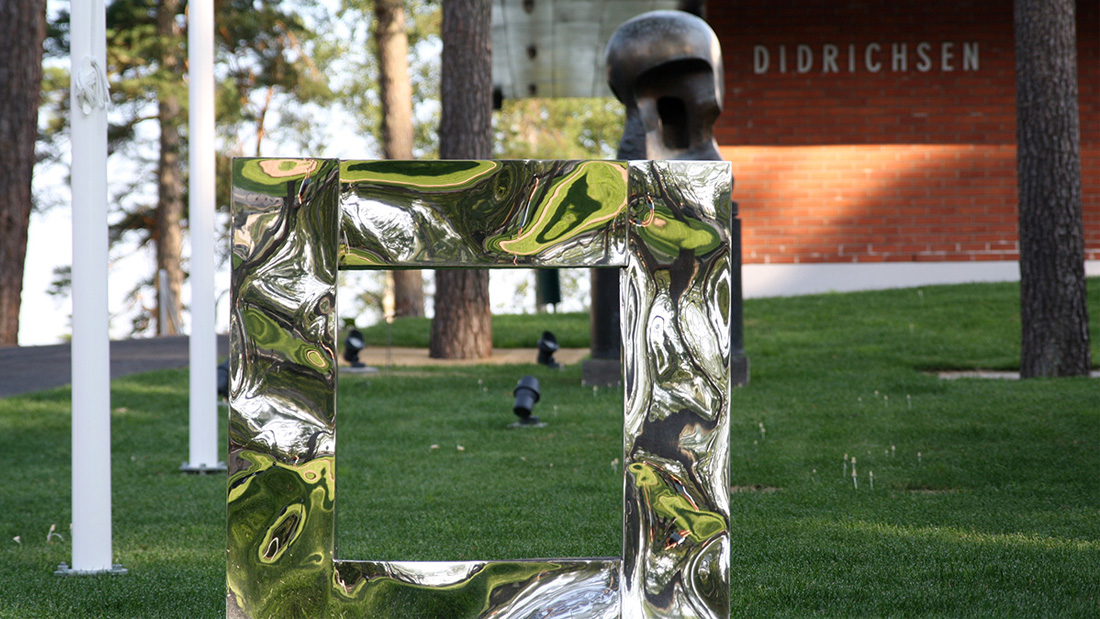
How to Get There
Getting to the museum is easy, by tram, bus, and metro. From the city centre visitors can take the 4 tram or buses 14, 18, 39, and 206 to Munkkiniemi, and either the 551 or 552 bus on to the museum. Or they can take the metro to Aalto-yliopisto (Aalto University) station, and again catch either the 551 or 552 bus. The 551 bus can also be boarded at Pasila.
